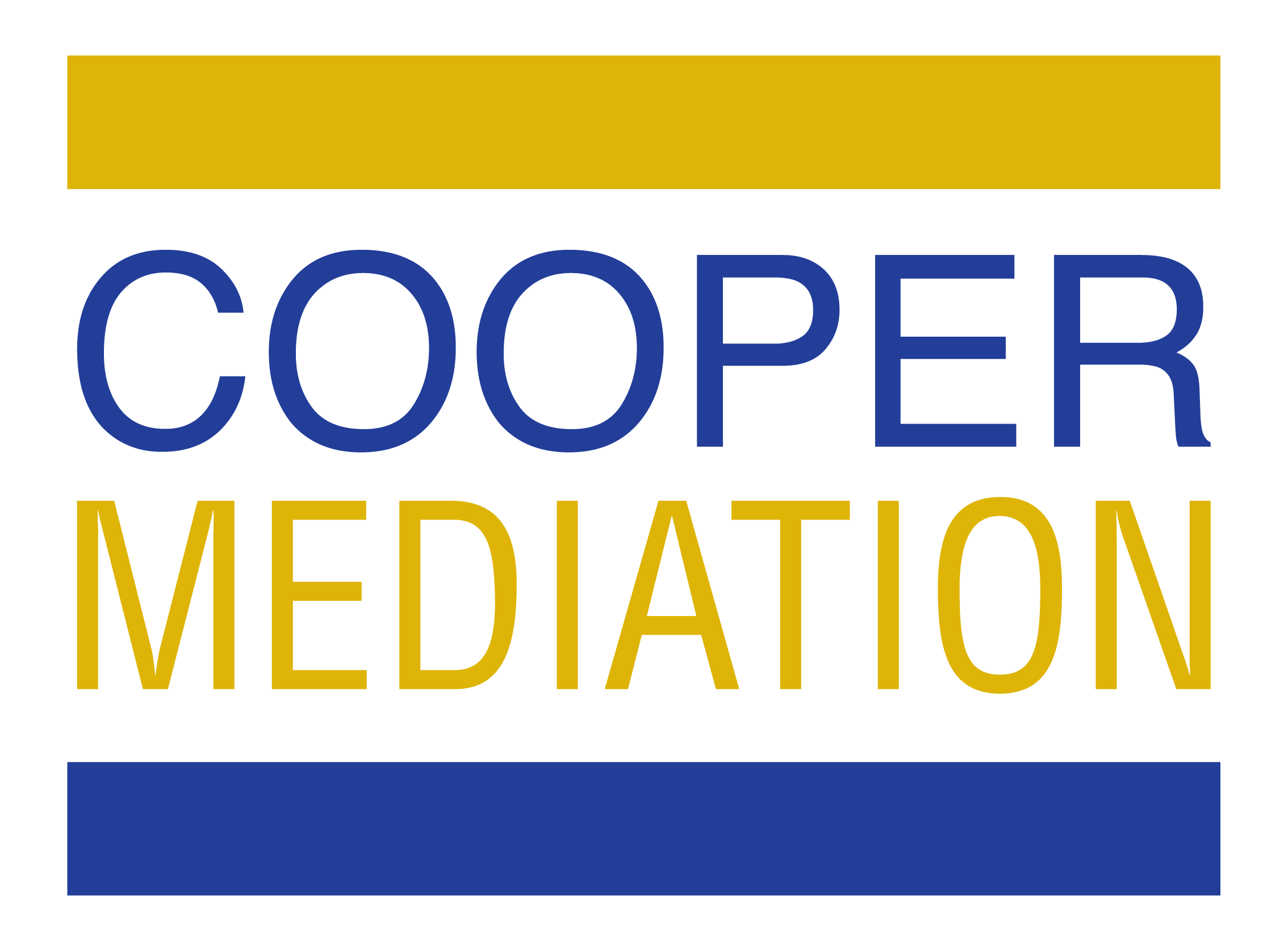
08 Mar What Lawyers Can Learn From Project Managers: How To Increase Communication Through a Kickoff Meeting
There’s an old medical adage that an ounce of prevention is worth a pound of cure. Anticipating a problem and preparing for it can often eliminate it completely or substantially reduce future complications down the road. It’s a lesson counsel representing clients at mediation would do well to learn.
In my experience, previously as a counsel and currently as a mediator, ineffective, unproductive, counterproductive or cancelled mediations happen all too frequently. The worst part of these poor experiences is that they are often completely unnecessary and solvable with a little dose of communication.
It is rare for opposing counsel to speak directly or in a meaningful manner prior to a mediation. Events in the matter are scheduled by associates, law clerks or assistants. Associates frequently attend at examinations for discovery. Settlement discussions, which used to routinely occur after examinations for discovery, simply do not happen with any regularity. Often, the first time that counsel speak or meet is at the mediation.
Of course, with so many competing interests on their time, having team members take on these duties may be necessary to allow counsel to put their time to its highest and best use. That said, I believe counsel are mistaken when they fail to either create or seize upon opportunities to speak directly with counsel on the other side of the matter prior to mediation.
In this blog post, I note how skills and strategies developed by project managers can help lawyers to have much more success at initial mediation sessions.
Teleconference or Kickoff Meeting
Shortly before I ended my practice as counsel to become a mediator, I developed and implemented a practice to ensure communication lines with opposing counsel were open as a soon as possible. Immediately upon being retained by an insurer, I wrote to the plaintiff’s counsel and unilaterally suggested a date and time (usually in about 45 days from my letter) for a teleconference. I would invite counsel to reply to either confirm the date and time or to suggest an alternative date or time. In a small percentage of cases, I would hear back from counsel with the plaintiff in one fashion or another, while in others I would call at the self-appointed date and time and counsel was not there. In approximately 80% of cases, counsel was in their office, took the call and we had productive discussions in relation to settlement, the progress of the matter, issues in the matter, evidence that needed to be obtained, next steps, time tabling, and other matters.
This is a practice you might consider adopting in virtually all of your cases (since there always will be exceptions to any rule). It doesn’t matter who initiates the call as there are obvious benefits for both counsels and their clients to pre-emptively discuss these matters.
Settlement Discussions and Information Gathering
During these calls settlement can be discussed or there can be a conversation about what needs to occur for meaningful settlement discussions to take place. Information can be gathered or exchanged. Invariably, counsel will learn something about their case or about the case of the other side that they did not know or appreciate before the call took place.
Setting A Timetable
The matter can be effectively timetabled. Often, examinations for discovery are scheduled only to be cancelled at the 11th hour. Some party may not have been consulted in relation to the date or perhaps other parties were added to the proceeding (by way of third party claim or otherwise). And sometimes there are companion matters which should proceed in common. There can and should be a fulsome discussion about the timing and duration of examinations for discovery.
Timetabling is underestimated, undervalued and underused. If counsel put their minds to the work that needs to be done after examinations for discovery, important work will be completed in advance of the mediation. If this occurs, the mediation is likely to be of maximum benefit to the parties. It is essential to understand the time schedule required for satisfaction of undertakings, plaintiff medical legal assessments and defence medical legal assessments.
Setting Expectations
Perhaps most importantly, this introductory call provides an opportunity for defence counsel to educate the plaintiff’s counsel regarding an insurer’s evaluation and authority granting processes. The involved insurer may always want or never want defence medical assessments in advance of the mediation. This has an impact on the timing and scheduling of the mediation.
Moreover, defence counsel can explain the insurer’s timeline in relation to the authority granting process. Defence counsel can explain why reports from experts cannot and will not be considered beyond a certain date in advance of the mediation. The plaintiff’s counsel can use this information to adjust the horizon of their timeline and work to a new due date. Likewise, defence counsel can request that the plaintiff’s mediation memorandum be delivered by a certain date so that the memorandum can be put before, reviewed and considered by the authority granting person or body. Even if this request is not made, counsel for the plaintiff can consider doing it anyway with a view toward putting their client’s best foot forward to the true decision maker (who or which is frequently not at the table at mediation).
Creating a Work-Back Schedule
If this approach is taken, counsel will find that they are scheduling a mediation 12 to 15 months from the time they speak. This should allow counsel to schedule their mediation with virtually any mediator they wish (as many mediators are very popular and, as a result, have limited availability in the near or medium term).
Let’s look an example of how this timeline might work. Depending on who will be attending at examinations for discovery and their availability, examinations for discovery are typically scheduled some two to six months down the road. Undertakings require at least three to four months to be satisfied. Medical assessments, by one or both sides, require a further three to four months or longer. Time also needs to be allowed for expert reports to be considered, evaluated by both sides (and for responding expert reports to be obtained where appropriate), and for the insurer evaluation process to take place. I suggest at least two to four months be earmarked for this step. As you can see, optimistically the mediation should probably not take place any sooner than 10 months from the time of the introductory call and perhaps no sooner than 18 months.
Conclusion
Good communication skills during a mediation session are important. But for maximum chances of a successful and productive meeting, communication between counsel should begin well in advance. The degree to which an introductory teleconference call to opposing counsel will help may vary considerably, but nothing ventured means nothing gained. At the very least a call will demonstrate communication lines are open. At best, counsels can constructively discuss how they will proceed, better utilize their time and their team’s time, maximize the value of a mediation session, and potentially spare their clients the frustration that comes with unexpected delays, cancellations, and unproductive sessions.
ABOUT THE AUTHOR
 Vance Cooper of Cooper Mediation Inc. is principal of Cooper Mediation Inc. Vance devotes 100% of his professional time to mediating and arbitrating primarily personal injury and insurance cases. He serves as an arbitrator in loss transfer and party disputes under the Insurance Act.
Vance Cooper of Cooper Mediation Inc. is principal of Cooper Mediation Inc. Vance devotes 100% of his professional time to mediating and arbitrating primarily personal injury and insurance cases. He serves as an arbitrator in loss transfer and party disputes under the Insurance Act.
Vance can be reached at vance@coopermediation.ca or (647) 777-4011. To schedule a mediation with Vance, visit:http://coopermediation.ca/vances-online-calendar/.
